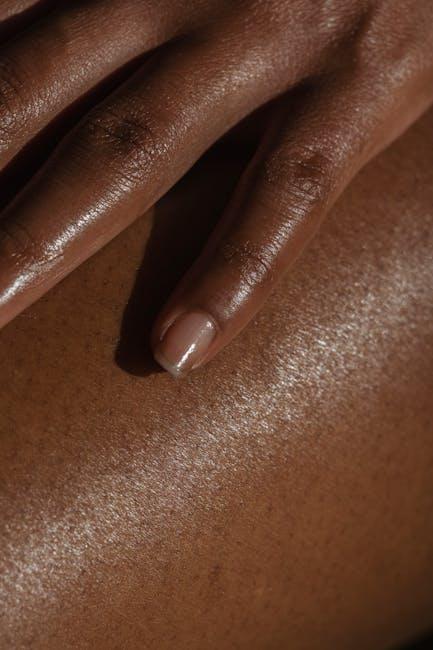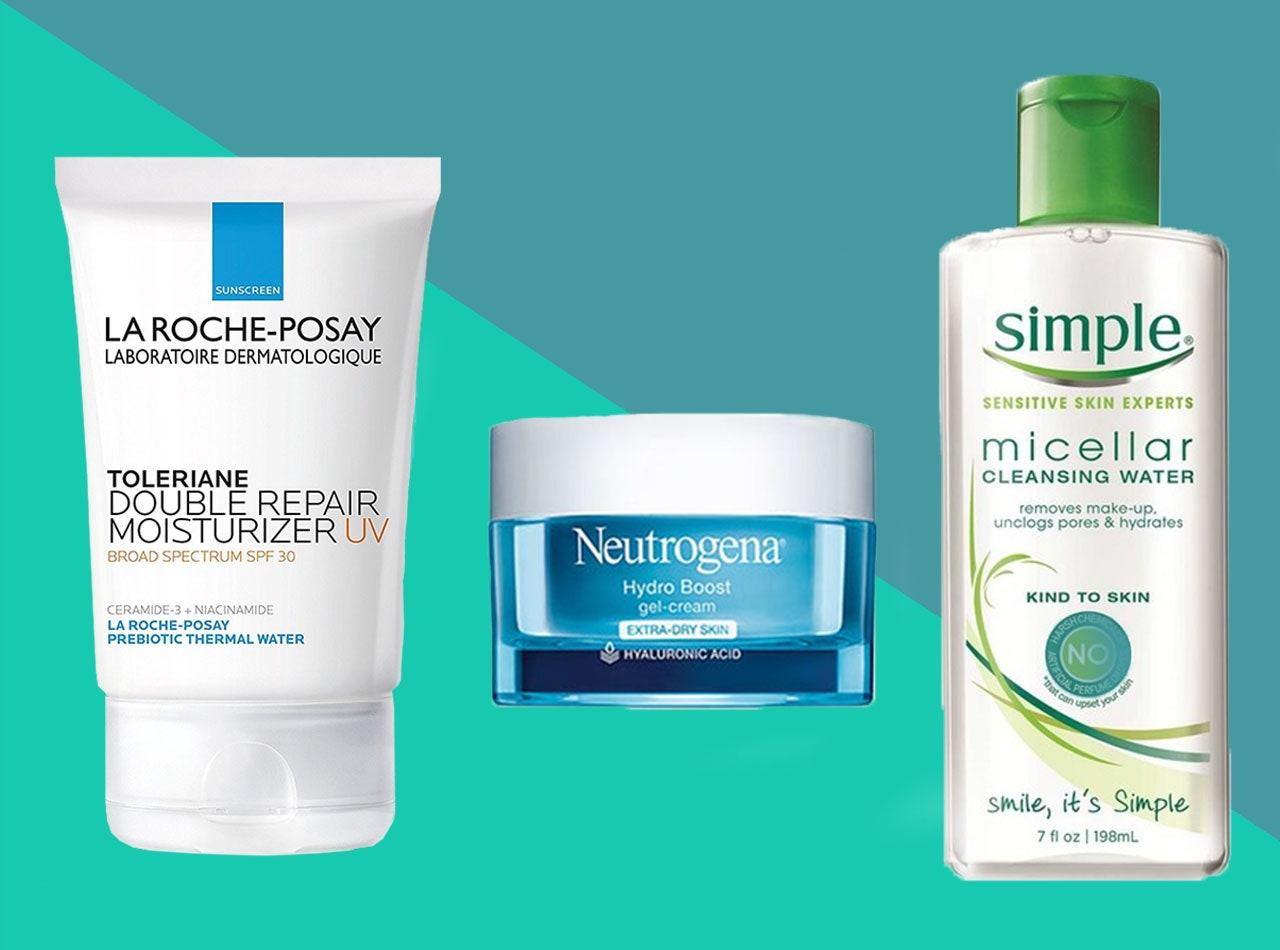Exfoliation is often hailed as the secret to radiant, youthful skin, a ritual that sweeps away the old to reveal the fresh and new. But for those with sensitive skin, this beauty routine can feel like navigating a minefield. The wrong product or technique can leave your skin irritated, red, and anything but glowing. In this article, we delve into the art of exfoliating sensitive skin safely, offering a guide that balances the desire for smoothness with the need for gentle care. Whether you’re a skincare novice or a seasoned enthusiast, discover how to unlock the benefits of exfoliation without compromising the delicate nature of your skin. Join us as we explore expert tips and tricks to help you achieve that coveted glow, all while treating your skin with the kindness it deserves.
Choosing the Right Exfoliant for Your Skin Type
When it comes to exfoliating sensitive skin, the key is to be gentle and discerning in your choice of products. Sensitive skin can easily react to harsh ingredients, so it’s crucial to select an exfoliant that caters to its delicate nature. Here are some tips to help you make the right choice:
- Opt for Chemical Exfoliants: Instead of physical scrubs that can cause micro-tears, choose mild chemical exfoliants like lactic acid or polyhydroxy acids (PHAs). These gently dissolve dead skin cells without the need for abrasive action.
- Check for Soothing Ingredients: Look for exfoliants that include calming agents such as aloe vera, chamomile, or green tea. These ingredients can help mitigate potential irritation and keep your skin feeling calm and refreshed.
- Frequency Matters: Limit exfoliation to once or twice a week. Over-exfoliating can strip the skin of its natural oils and exacerbate sensitivity.
- Patch Test: Always perform a patch test before applying a new product to your face. This simple step can help you avoid adverse reactions and ensure the product is compatible with your skin.
By choosing the right exfoliant and incorporating it thoughtfully into your routine, you can safely enjoy the benefits of smoother, more radiant skin without compromising your skin’s health.

Gentle Techniques to Avoid Over-Exfoliation
When dealing with sensitive skin, it’s crucial to adopt a gentle approach to exfoliation to maintain your skin’s natural barrier and avoid irritation. Consider integrating mild exfoliants into your routine, such as enzyme-based products or those containing lactic acid, which offer a softer alternative to more abrasive options. It’s important to listen to your skin and recognize the signs of over-exfoliation, such as redness, tightness, or increased sensitivity.
- Limit frequency: Exfoliate no more than 1-2 times a week to prevent excessive skin stripping.
- Patch test: Always test new products on a small area of skin to ensure compatibility.
- Hydrate: Follow up with a nourishing moisturizer to replenish lost moisture and soothe the skin.
- Sun protection: Since exfoliation can make skin more sensitive to the sun, use a broad-spectrum SPF to shield your skin from UV damage.

Ingredients to Embrace and Avoid for Sensitive Skin
When caring for sensitive skin, choosing the right ingredients is crucial to ensure effective exfoliation without irritation. Embracing gentle, skin-friendly ingredients can make a significant difference. Lactic acid, a mild alpha hydroxy acid (AHA), is known for its gentle exfoliating properties and ability to hydrate the skin. Colloidal oatmeal is another soothing option, offering both exfoliation and relief from irritation. Additionally, jojoba beads, derived from natural oils, provide a gentle mechanical exfoliation that won’t damage sensitive skin.
Conversely, certain ingredients should be avoided to prevent aggravating sensitive skin. Harsh physical scrubs with large, coarse particles can cause micro-tears and inflammation. Ingredients like alcohol-based toners can strip the skin of its natural oils, leading to increased sensitivity. Similarly, fragrance and essential oils, while often used for their aromatic properties, can be potential irritants. Opting for products free from these ingredients can help maintain your skin’s calm and healthy appearance.

Post-Exfoliation Care for a Soothed Complexion
After exfoliating sensitive skin, it’s crucial to embrace a gentle post-care routine to maintain a calm and balanced complexion. Start by applying a hydrating toner to restore your skin’s pH levels and infuse it with soothing ingredients like chamomile or aloe vera. This step is essential for reducing any potential redness or irritation. Follow with a lightweight moisturizer that locks in moisture without clogging pores. Opt for formulas that contain ceramides or hyaluronic acid, which help to fortify the skin’s barrier.
Consider incorporating the following practices into your post-exfoliation routine:
- Avoid direct sunlight for at least 24 hours. If you need to go outside, use a broad-spectrum sunscreen with SPF 30 or higher.
- Refrain from using active ingredients like retinol or vitamin C immediately after exfoliating, as these can exacerbate sensitivity.
- Keep your skincare simple by sticking to a minimal routine that focuses on hydration and protection.
- Drink plenty of water to support your skin’s natural healing process from within.
By following these steps, you can ensure that your skin remains calm and rejuvenated after exfoliation, paving the way for a radiant complexion.






























